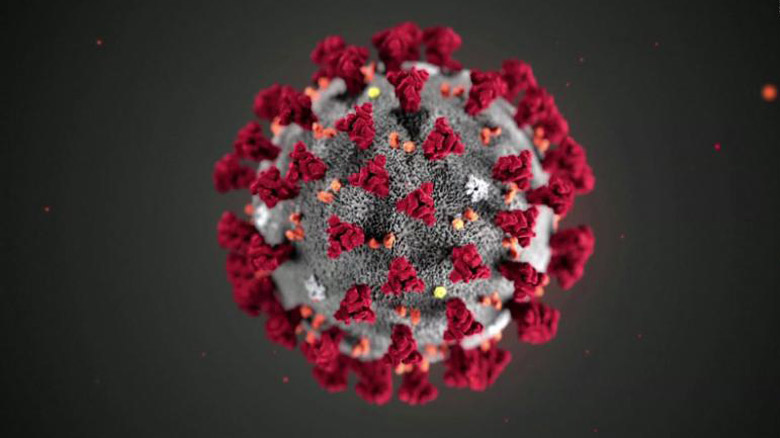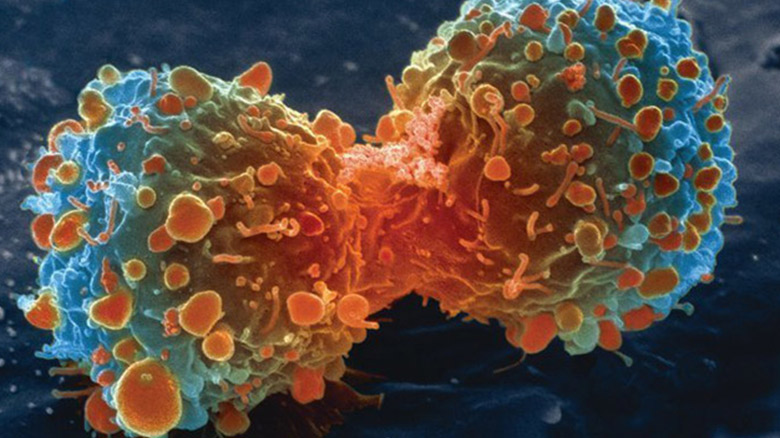
Overview:
Polycystic Ovarian Syndrome (PCOS), frequently referred to as PCOD, is a hormonal imbalance affecting 5% to 10% of women across the globe during their age (12-45). PCOD is an endocrine disorder on women’s health, impacting both their physical and emotional well-being. PCOD is the ovaries’ tendency to generate a multitude of immature or partially mature eggs, which subsequently transform into cysts. This culminates in enlarged ovaries and an overabundance of male hormones (androgens), triggering hormonal irregularities and various symptoms. Recognizing PCOD early and implementing appropriate Ayurvedic management is key to lessening these burdens, supporting fertility, and safeguarding against potential long-term health complications.
Common Symptoms of PCOD/PCOS:
- The most common indication is irregular, extended, or infrequent or absent menstrual cycle
- Abnormally thick uterine lining with episodes of intense bleeding
- Excessive hair growth (hirsutism) on the face, chest, or back
- Too Much Androgen i.e. excessive amounts of male hormones can cause physical symptoms, including cases of severe acne and male-pattern baldness.
- Weight gain or difficulty losing weight
- Hair Thinning and Hair Loss, this is due to the body producing too many androgens
- Difficulty conceiving (infertility)
- Darkening of the skin
- Mood changes / mood swings
Causes of PCOS/PCOD:
Several factors are believed to contribute:
- Insulin Resistance: The body’s overabundance of high insulin seems to cause the ovaries to release more androgens or masculinizing hormones
- Genetics: A family history of PCOD increases the risk
- High Androgen Levels: Excess male hormones disrupt the regular ovulation cycle
- Low-grade Inflammation: Chronic low-level inflammation may play a role
- Dietary Deficiencies: Eating a lot of junk food, fried, oily, spicy, high in saturated fat, and artificial sweeteners, is one of the main causes of PCOD/PCOS
- An Imbalance of Doshas in The Body: According to Ayurvedic treatment the three bodies that regulate the doshas in the human body are Vata, Pitta, and Kapha. If there is an imbalance between these Doshas, toxins will build up inside the body and cause several illnesses, such as PCOD and PCOS
- Stress: Chronic stress can disrupt the endocrine system and potentially worsen hormonal imbalances
- Sedentary lifestyle: Lack of physical activity can worsen insulin resistance and weight gain
PCOS/PCOD General Management and Treatment:
- Lifestyle Changes: A healthy diet, regular exercise, and weight management are crucial.
- Medications:
- Birth control pills to regulate periods and reduce androgen levels
- Metformin to improve insulin resistance
- Anti-androgen medications to reduce excess hair growth and acne
- Fertility treatments like clomiphene or letrozole to induce ovulation
- Other Treatments:
- Hair removal techniques (laser, electrolysis)
- Acne treatments
- Laparoscopic ovarian drilling (in some cases to improve ovulation)
Ayurveda Diet for Managing PCOS/PCOD Symptoms
Managing PCOS effectively involves careful dietary choices. Prioritize organic fruits and vegetables such as figs, dates, raisins, pears, and plums, and enjoy seasonal fruits and berries. Foods to limit or avoid for a healthy digestive system (Agni) include spicy, fermented, and dairy products, along with buttermilk. Opt for grains like Ragi and strictly exclude artificial sweeteners and foods high in sugar or added sugar.
The Approach of Ayurveda Medicine for PCOS/PCOD
Ayurvedic management of PCOS focuses on balancing the three fundamental energies or doshas in the body: Vata, Pitta, and Kapha.
This holistic approach encompasses several key strategies:
- Natural Remedies: Ayurveda utilizes herbs like Guduchi, Gokshura, Ashoka, Lodhra, and Shatavari to support menstrual cycle regulation, hormone balance, and overall reproductive health in women with PCOS
- Dietary Modifications: A PCOS-focused Ayurvedic diet aims to regulate weight, improve digestion (Agni), and balance the Kapha and Vata doshas. This involves consuming natural foods, incorporating beneficial spices such as cinnamon and turmeric, and limiting processed foods, refined sweets, and excessive caffeine
- Detoxification Therapies (Panchakarma): A series of detoxifying Ayurvedic treatments known as Panchakarma can be employed to remove toxins and restore dosha balance in individuals with PCOS
- Ayurvedic Therapies: Specific Ayurvedic therapies such as Swedana (herbal steam therapy), Abhyanga (herbal oil massage), and Udwarthana (herbal powder massage) are used in PCOS management to improve circulation, reduce inflammation, and promote hormone balance
- Lifestyle Modifications: A healthy lifestyle is considered crucial in Ayurvedic PCOS treatment. This includes ensuring adequate sleep, engaging in regular exercise, practicing stress-reduction techniques like yoga and meditation, and maintaining a consistent daily routine
- Stress Management: Recognizing the impact of stress on PCOS, Ayurvedic treatment incorporates techniques to manage stress levels. These include breathing exercises (Pranayama), the application of herbal oils to the forehead (Shirodhara), and lifestyle adjustments
Conclusion:
Begin your journey towards managing PCOS with a holistic Ayurveda Consultation. This comprehensive assessment of your health and lifestyle will pave the way for a customized treatment plan featuring specific therapies, herbal medicines, and dietary guidance tailored to your needs. Therapeutic Ayurvedic methods, such as Panchakarma, nurturing massages, and detoxifying treatments, will be employed alongside regular follow-up consultations to track your progress and support your long-term recovery and well-being.



